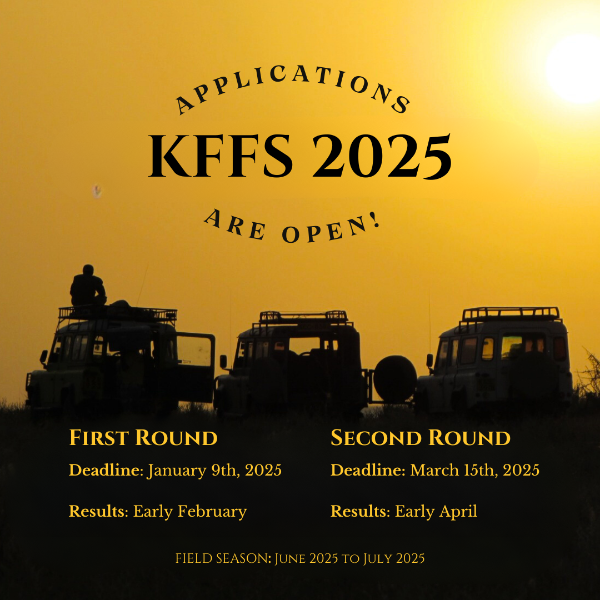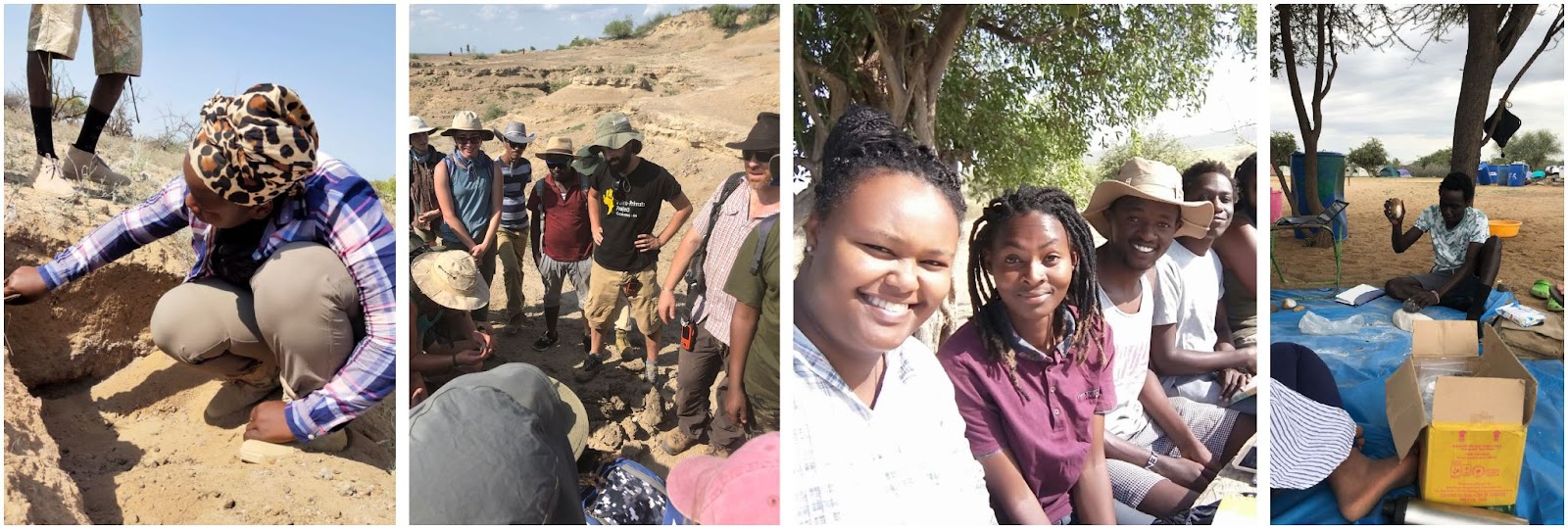Koobi Fora Field School Program
(ANTH 3832 or ANTH 6832)

Contact Information:
David R. Braun
Professor
The George Washington University
Department of Anthropology
2110 G Street NW
Washington, DC 20052
E-mail: david_braun@gwu.edu
Niguss Baraki
Program Teaching Assistant
The George Washington University
Department of Anthropology
2110 G Street NW
Washington, DC 20052
E-mail: niguss_baraki@gwu.edu
Overview
The Koobi Fora Field School is designed to introduce students to the science of paleoanthropology, the sub-discipline of anthropology focused on the study of human origins. We utilize differentiated instructional methods to make this material relevant to all students who participate. Traditional teaching methods such as formal reading assignments and lectures are integrated into a program of structured field exercises and actual paleoanthropological research. We believe that much can be achieved by students when much is expected and therefore all exercises involve written assignments which are graded and critiqued as the field school proceeds.
Academics
After a one day orientation conducted in the National Museum in Nairobi the field school travels to a private “game ranch” where the students camp at a remote location and spend one week experiencing life on the African savanna. The students are divided into small groups and are exposed to many of the sub-disciplines of paleoanthropology. Formal exercises in behavioral ecology , taphonomy, geologic stratigraphy, archaeological survey, and wildlife ecology (each with a written assignment) provide background and context for the work to follow. Once at Koobi Fora the students become immersed in all the exciting aspects of paleontological field work. Formal lectures continue and are accompanied by individual instruction in faunal analysis, lithic analysis, hominin evolution, and methods of field survey and excavation. Throughout the time at Koobi Fora, the students are required to maintain a detailed field notebook.

Physical Requirements
The field school takes place in a very remote part of northern Kenya. Students should be able to hike 3-5km per day, over rough terrain, carrying their daypacks and water. Travel to Koobi Fora is by road, and travel days can be 8-12 hours long. While we do take breaks, students should expect to remain in vehicles for most of the travel days. Accommodations are in tents and students are expected to be able to sleep comfortably in their tent, i.e. on the ground or on the bedding they provide themselves.

Application Information
The application process for the Koobi Fora Field School is competitive. We accept students that we feel can excel in the program. We limit the number of students to ensure a high quality training program for all students. If you are interested in the program please apply early as positions on the program often fill up before the April deadline.
- During your stay in Kenya all food and housing expenses will be covered from the night before formal instruction begins until the night you arrive back in Nairobi (after the trip down from Koobi Fora)
- DATES: June 13th and July 26th (6 weeks)
WHAT YOU ARE RESPONSIBLE FOR:
- Flight to Kenya: We will try to organize a group flight so several students arrive at the same time. We will collect you from the airport
- Health Insurance: Part of your tuition is covering health insurance with GeoBlue for the duration of your stay in Kenya. You will need to register with GeoBlue. We will be supplying emergency evacuation insurance.
- Preventative Vaccinations and malarial prophylactics: Please see a travel health care professional for advice on what is necessary for Kenya. This is a good guide.
- Equipment for the trip: Good boots, a tent, a backpack, at least two water bottles, a field notebook, sunscreen, and loads of enthusiasm.

2025 Application Dates and Deadline
First round applications are due on January 9th
First round decisions made by January 30th
Second round applications should be in by March 15th.
Second round decisions made by April 1st
The field School will run between June 13th and July 26th.
(Most years our program is full well before the April deadline, once the program is at capacity we will no longer review applications)
Additional Information
Koobi Fora Field School Website
